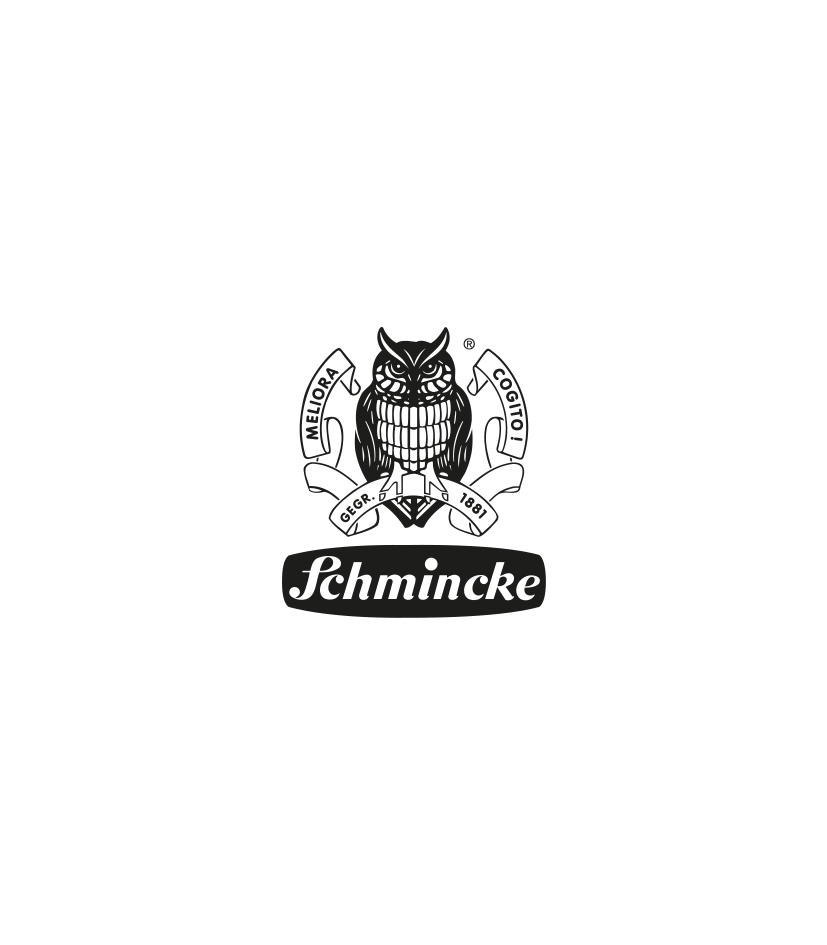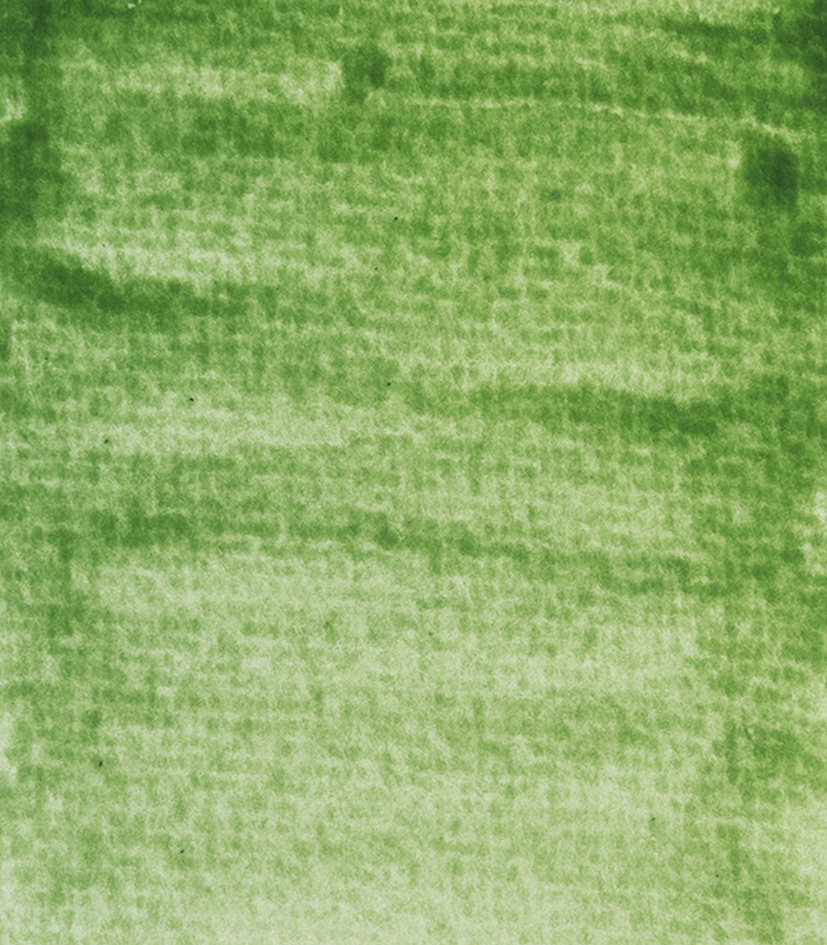Finest vegan watercolours – the natural fusion of watercolour and gouache
- 16 finest colours
- Exclusively natural earth pigments and plant resins/extracts
- 100% vegan
- Based on Gum Arabic
- Mat and mostly semi-/transparent
- Can be mixed and combined with watercolour and gouache
- Good lightfastness (15 colours with 3 - 5 stars lightfastness)
- Suitable for all paper and cardboard types
- Can be used pure or diluted with water
- Water-soluble and re-usable after drying
- Subtle odour
- Available in 15 ml tubes and in 2 theme sets

HORADAM Naturals is a high-quality, environmentally friendly, and vegan watercolour. With a palette of 16 mat and mostly semi-/transparent colours it offers an unique combination of watercolour and gouache properties allowing creativity in its purest form. For even more colour variety, the Naturals colours can be mixed and combined with all water- and gouache colours.
Natural, precious pigments
The outstanding feature of HORADAM Naturals is the use of exclusively natural earth and plant based pigments and extracts. The genuine juice of the indigofera plant or the resin of the dragon's blood tree enables plant-based colours. The use of exceptional earth pigments leads to precious colours like Lalvarit violet or Caucasus earth. All pigments used were carefully selected. The lightfastness of each pigment corresponds to the natural characteristics of the pigments.
100% vegan and naturally formulated
The aspiration for a vegan and naturally formulated watercolour leads to properties that distinguish this colour from a pure watercolour or gouache. It therefore takes a certain amount of familiarisation and understanding of the characteristics that distinguish these colours:
The natural pigments are sometimes slightly coarser in texture, which - unlike gouache - results in a rougher, usually slightly granular surface effect.
The consistency of the colours is a little tougher, so that the colours do not flow as easily as with watercolours. This makes the colour more controllable, comparable to a gouache.
Some colours, such as Curcuma and Stil de Grain, have a wide range of colours due to their high glazing properties. While Curcuma enables yellow to orange colour strokes, Stil de Grain has a yellow-green to greenish-brown colour. This characteristic is very similar to a watercolour.
The delicate fragrance of individual colour tones is created by the ingredients of natural origin. Due to their use, there may also be slight colour variations in some shades within different batches. This is not a quality defect. Anyone who makes use of these properties will quickly learn to appreciate the special nature of Naturals colour shades.
The finest HORADAM Naturals watercolours are available in 15 ml tubes and as 2 sets.
HORADAM® Naturals - Colour Chart




Warm, transparent, highly lightfast white. Genuine chalk pigment, fine and natural, derived from fossilized calcium carbonate.
Chalk has been used in cave paintings and remains visible in such locations today.


Warm, transparent, highly lightfast white. Genuine chalk pigment, fine and natural, derived from fossilized calcium carbonate.
Chalk has been used in cave paintings and remains visible in such locations today.




A transparent orange-yellow ochre with natural graininess and excellent lightfastness.
Kamala is extracted from the glands and tufted hairs of the fruits of the monkey face tree, a tree-like Euphorbiaceae.


A transparent orange-yellow ochre with natural graininess and excellent lightfastness.
Kamala is extracted from the glands and tufted hairs of the fruits of the monkey face tree, a tree-like Euphorbiaceae.




A subdued warm yellow with good lightfastness and semi-transparent characteristics.
Curcuma (or Turmeric) comes from the ginger family, and its roots contain a yellow dye primarily used in dyeing.
Curcuma holds significant cultural importance in Indian traditions, being used for over 4000 years, and continues to play a major role in traditional Indian weddings.


A subdued warm yellow with good lightfastness and semi-transparent characteristics.
Curcuma (or Turmeric) comes from the ginger family, and its roots contain a yellow dye primarily used in dyeing.
Curcuma holds significant cultural importance in Indian traditions, being used for over 4000 years, and continues to play a major role in traditional Indian weddings.




A semi-transparent, woody red with very good lightfastness.
The dye is named after an ancient legend involving a bloody battle between an elephant and a dragon, those blood mixed on the ground, giving rise to a tree.
The resinous secretions of this dragon‘s blood tree are reddish-brown and used to produce the pigment.


A semi-transparent, woody red with very good lightfastness.
The dye is named after an ancient legend involving a bloody battle between an elephant and a dragon, those blood mixed on the ground, giving rise to a tree.
The resinous secretions of this dragon‘s blood tree are reddish-brown and used to produce the pigment.




A semi-transparent, brownish red with very good lightfastness.
Madder lake pigment (also known as Alizarin red) is made from the madder root using a historical recipe.
Traces of this pigment were discovered in the tomb of the Egyptian Pharaoh Tutankhamun from 1300 BCE.


A semi-transparent, brownish red with very good lightfastness.
Madder lake pigment (also known as Alizarin red) is made from the madder root using a historical recipe.
Traces of this pigment were discovered in the tomb of the Egyptian Pharaoh Tutankhamun from 1300 BCE.




A semi-transparent denim blue with very good lightfastness.
Natural indigo is obtained from the Indigofera plant, yielding a somewhat dull bluish-black shade.
Indigo has been used as a dye in Roman paintings from the 1st century AD, early medieval miniatures, and paintings across all periods of European art, with the oldest evidence dating back to 3000 BCE.


A semi-transparent denim blue with very good lightfastness.
Natural indigo is obtained from the Indigofera plant, yielding a somewhat dull bluish-black shade.
Indigo has been used as a dye in Roman paintings from the 1st century AD, early medieval miniatures, and paintings across all periods of European art, with the oldest evidence dating back to 3000 BCE.




A typical plant or leaf green with semi-transparent characteristics and good lightfastness.
The colour is achieved through the combination of Curcuma and Indigo, two crucial pigments in dyeing.


A typical plant or leaf green with semi-transparent characteristics and good lightfastness.
The colour is achieved through the combination of Curcuma and Indigo, two crucial pigments in dyeing.




A delicate grey-green with transparent characteristics and very good lightfastness.
The term Celadonite is derived from the French word „celadon,“ meaning sea green.
It has been used in painting since ancient times and was recently found in Roman frescoes.


A delicate grey-green with transparent characteristics and very good lightfastness.
The term Celadonite is derived from the French word „celadon,“ meaning sea green.
It has been used in painting since ancient times and was recently found in Roman frescoes.




Yellowish-green brown with transparent characteristics and satisfactory lightfastness.
This shade is obtained by lacquering buckthorn berries, following a recipe by Paul Schützenberger from 1873.
Stil de Grain can be found in formulations dating back to the 16th century and was a popular pigment until the late 19th century.


Yellowish-green brown with transparent characteristics and satisfactory lightfastness.
This shade is obtained by lacquering buckthorn berries, following a recipe by Paul Schützenberger from 1873.
Stil de Grain can be found in formulations dating back to the 16th century and was a popular pigment until the late 19th century.




An semi-opaque, orange-brown ochre with good lightfastness, obtained from natural iron oxide.
Yellow ochre is one of the oldest pigments and has been used in prehistoric paintings.


An semi-opaque, orange-brown ochre with good lightfastness, obtained from natural iron oxide.
Yellow ochre is one of the oldest pigments and has been used in prehistoric paintings.




A reddish-brown, semi-opaque earth tone with good lightfastness, resembling the well-known red chalk. The pigment comes from deposits in Upper Franconia (Bavaria).
Bolus (Greek: „bolos“) means „(earth) lump“ and refers to a reddish-coloured clay.
Red bolus is one of the oldest pigments, and drawing pencils from red bolus were sawn directly from clay-rich soils in the early Renaissance.


A reddish-brown, semi-opaque earth tone with good lightfastness, resembling the well-known red chalk. The pigment comes from deposits in Upper Franconia (Bavaria).
Bolus (Greek: „bolos“) means „(earth) lump“ and refers to a reddish-coloured clay.
Red bolus is one of the oldest pigments, and drawing pencils from red bolus were sawn directly from clay-rich soils in the early Renaissance.




A muted, violet-brown tone with very good lightfastness and transparent characteristics.
The pigment is Andesite rock originating from lava flows.
This igneous rock is grey but has a unique violet colour due to natural iron and manganese oxide components.


A muted, violet-brown tone with very good lightfastness and transparent characteristics.
The pigment is Andesite rock originating from lava flows.
This igneous rock is grey but has a unique violet colour due to natural iron and manganese oxide components.




A delicate, cool olive green with very good lightfastness and semi-opaque characteristics, made from a green pigment obtained in the Caucasus region.


A delicate, cool olive green with very good lightfastness and semi-opaque characteristics, made from a green pigment obtained in the Caucasus region.




A cool, semi-transparent light grey with good lightfastness, made from genuine ground slate.
Its greenish colour comes from the presence of minerals like epidote, actinolite, or similar minerals.


A cool, semi-transparent light grey with good lightfastness, made from genuine ground slate.
Its greenish colour comes from the presence of minerals like epidote, actinolite, or similar minerals.




A deep, neutral dark colour, opaque, and with very good lightfastness, made from ground natural graphite.
Graphite has been mined for thousands of years, and after wet cleaning, the graphite pigment contains a carbon content of up to 98%.
The name „graphite“ comes from the ancient Greek „graphein,“ meaning to scratch, write, draw, or paint.
This pigment has been used for drawings since ancient times, and since the 16th century, a graphite-clay mixture has been used in almost all pencils.


A deep, neutral dark colour, opaque, and with very good lightfastness, made from ground natural graphite.
Graphite has been mined for thousands of years, and after wet cleaning, the graphite pigment contains a carbon content of up to 98%.
The name „graphite“ comes from the ancient Greek „graphein,“ meaning to scratch, write, draw, or paint.
This pigment has been used for drawings since ancient times, and since the 16th century, a graphite-clay mixture has been used in almost all pencils.




A deep, opaque black with very good lightfastness.
Vine black has a dark anthracite tone and tends to have a slight bluish tint when mixed with white.
In ancient times, vine black was the most commonly used carbon black. It was obtained by carbonizing (heating under exclusion of oxygen) young shoots of grapevines.


A deep, opaque black with very good lightfastness.
Vine black has a dark anthracite tone and tends to have a slight bluish tint when mixed with white.
In ancient times, vine black was the most commonly used carbon black. It was obtained by carbonizing (heating under exclusion of oxygen) young shoots of grapevines.
How-To-Use
Here are a few tips for painting with our HORADAM Naturals:
1. Squeeze the colour you want to use out of the tube onto a mixing palette. Take some water from your water glass with your brush and mix it with the colour on the mixing palette to create a homogeneous mixture of colour and water and until there are no more streaks. This makes it easier for you to paint a nice and even colour application.
2. Mixed media. Painting with Schmincke’s Naturals creates a great haptic on the surface of the paper. This is great for adding further details with coloured pencils.
As many of the 16 colours are transparent or semi-transparent, you can also use them to colour your ink sketches.
Schmincke’s Aqua Bronzes can also be used to create great shiny accents on the colours.
Images


HORADAM® Naturals - Sets






